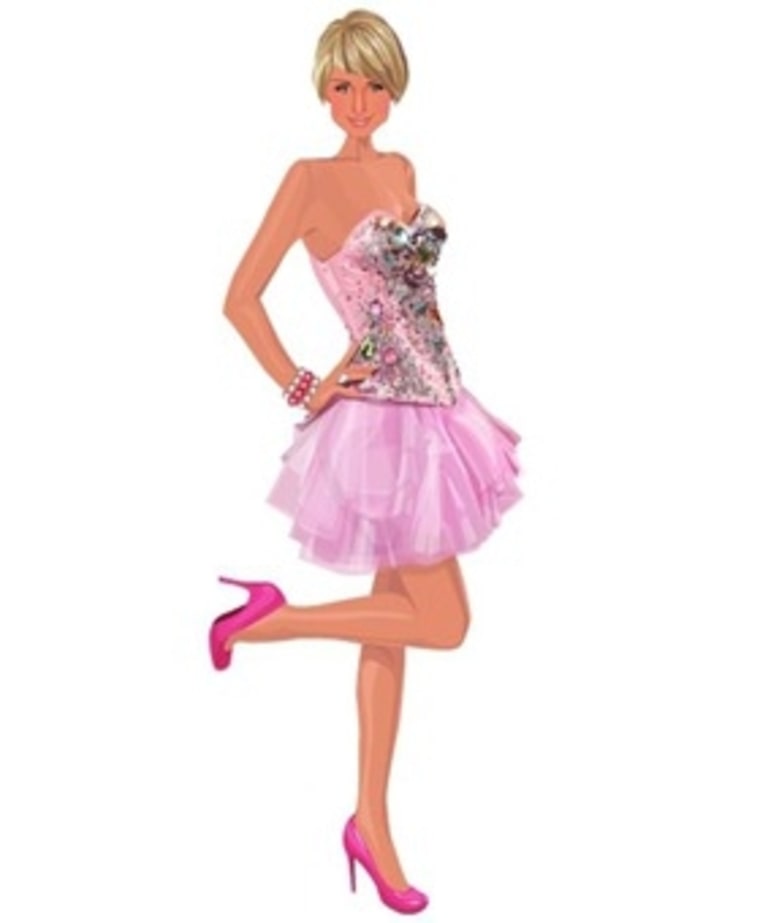A Snoop Dogg-branded hoodie selling for $100 doesn't seem so unreasonable. But the hoodie isn't made of cotton — it's made of ones and zeroes. And it's being sold in the virtual marketplace inside an anime-themed virtual world called Gaia Online.
In Gaia Online demand is so high for Snoop Dogg digital paraphernalia that when supplies run out, the items command higher prices on the secondary market, an eBay-like, in-game bazaar. The famous rapper's hoodie sold for 10,000 Gaia Gold, or roughly $100 in real dollars, in the secondary market. A similar, non-branded hoodie goes for only 2,300 Gaia Gold on the secondary market. Snoop Dogg's virtual goods across all the different games and virtual worlds have generated more than $200,000 in sales to date, according to virtual goods companies Virtual Greats and Viximo.
"Celebrity is a powerful purchase driver in the real world, and that same logic applies to the virtual world," says Dan Jansen. Jansen is the chief executive of Virtual Greats, an outfit that sells and distributes the digital likenesses and assets of celebrities. "Players like to show their affiliation and affinity for their favorite artist," Jansen says.
Virtual Greats is a 10-person Los Angeles-based startup that works with about 30 artists, like Justin Timberlake and Snoop Dogg. The company's average celebrity virtual good costs around $2.50, relatively high compared to the nickel-and-dime prices of non-branded virtual goods you might find in a game like "FarmVille." Some items have been priced even higher. A Paris Hilton dress went for $44 in the trendy Chinese fashion game Uummii. In the Facebook game "Premier Football," players can "recruit" famous soccer players David Beckham and Landon Donovan for their own teams by paying $20 each for them.
Virtual Greats also works with brands and other intellectual property, but what it makes from selling and distributing virtual goods for celebrities accounts for nearly half its total revenues.
Ayeah Games is another company that deals with celebrities and virtual goods, but in a different way. The Facebook game is like fantasy football meets Hollywood. Players are agents or media moguls who bet on the real-life careers of celebrities. They can buy virtual goods like a "stinky fish" or a "red rose" and put them on a celebrity's in-game profile to show whether they think they've been "naughty" or "nice."
To be sure, the market for celebrity-branded virtual goods is still nascent, and celebrity forays into the virtual don't always work out. Pop star Britney Spears started her own line of gifts on Facebook, digital baubles like Spears-themed balloons or memorabilia from her "Circus" tour that sell for $2 each. Last August, however, Facebook shut down its gift store. Jansen thinks the social network didn't want to deal with the hassles of running that part of the business, and instead wanted to focus on growing its user base and building out other core features.
